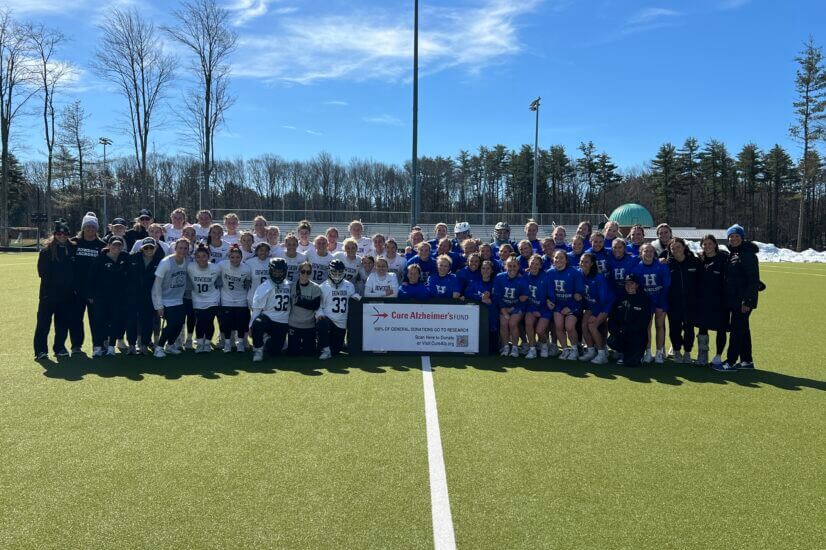
Posted August 20, 2009
From an article in Medical News Today about a paper recently released in the journal Neuron, June 7, 2007:
Researchers from the MassGeneral Institute for Neurodegenerative Disorders (MGH-MIND) have discovered how brain cells affected by stroke or head injury may cause generation of amyloid-beta protein, which is a key factor in the Alzheimer’s disease story.
“We have discovered how a stroke can trigger a series of biochemical events that increase amyloid-beta production in the brain,” says Giuseppina Tesco, MD, Ph.D., of the MGH-MIND Genetics and Aging unit, in Medical News Today.
This research, partially funded by Cure Alzheimer’s Fund, helps make the link between stroke, brain trauma and Alzheimer’s disease more transparent. It also emphasizes the importance of head injury and stroke as key environmental factors that accelerate the development of Alzheimer’s disease in some patients.
“Our findings also shed new light on how the aged brain becomes more vulnerable to AD, since any insult to the brain—head injury, stroke or the mini-strokes called TIAs—can set off this process and turn up BACE activity,” notes Rudolph Tanzi, Ph.D., in Medical News Today. Tanzi is the director of the Genetics and Aging unit, senior author of the Neuron paper and chairman of Cure Alzheimer’s Fund’s Research Consortium. BACE is an enzyme, beta-secretase, which is active in the process of creating amyloid-beta from a larger amyloid precursor protein (APP).
For the complete story in Medical News Today, go to the Cure Alzheimer’s Fund website, click on the “Press Room” link at the top and look under “Latest News Coverage .”





